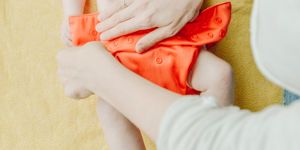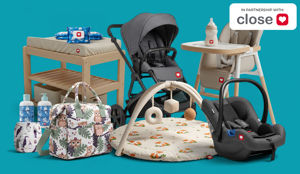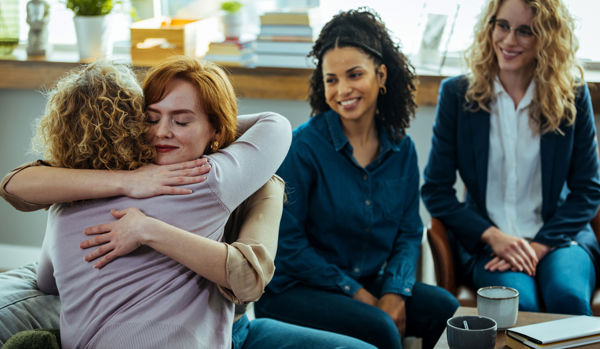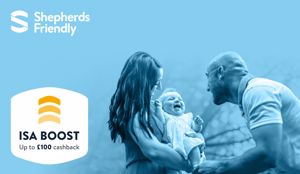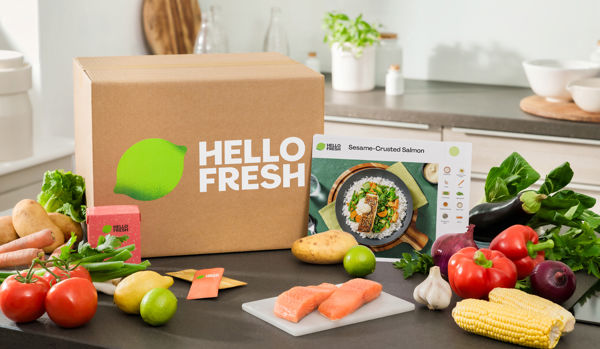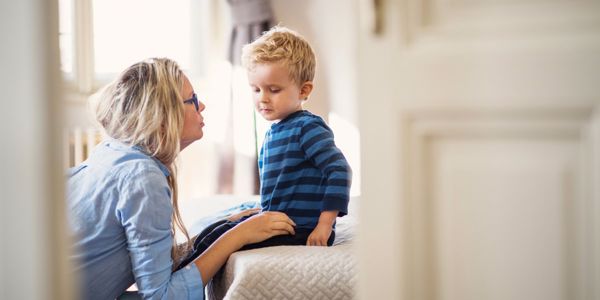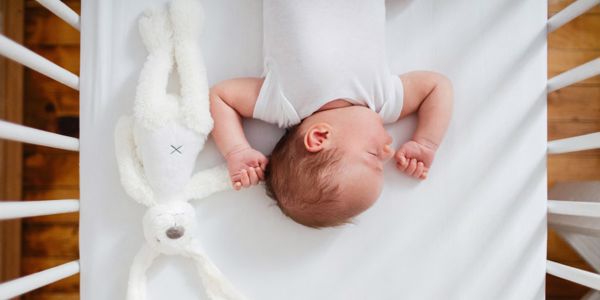As a new mother, I've become increasingly more conscious of the amount of waste the baby industry creates, from the never-ending stream of disposable nappies to the vast amount of single-use plastic things for our babies are packaged in. My first swap as a new mum was switching to cloth nappies and I've never looked back. To help others make small changes here and there, I'm actually trying to open a Zero-Waste shop of my own in my local town in Hertfordshire where I will stock everything a new parent needs to make more eco-friendly (and cost-effective) choices when it comes to their newborn. I'm currently crowdfunding ahead of the store's launch, if you'd like to help in any way, £1 would go a long way to helping me save the planet, one jar of flour or reusable nappy at a time - Donate Here.
This World Recycling Day, you can make a few easy swaps to massively reduce your impact on the environment:
Shop smart:
One of the most important ways we can help reduce our impact is by teaching our little ones, as they grow about waste and recycling. Obviously, it is important to teach our kids what happens to rubbish after it leaves our home, but it’s also a great opportunity to teach them about how we can reduce that waste too. They can be involved in an age-appropriate way in everything from shopping choices to sorting recyclable waste at home. Making different choices in the supermarket sends an important message to supermarket companies about what we want as consumers; swap a bag of potatoes for loose potatoes, the cost is usually the same but you can get the precise amount you need which limits food waste too.
Reusing or repurposing:
Packaging or other things around the house might be given a new lease of life with a new purpose. Butter tubs can be used for picnic sandwiches, yoghurt pots can be used to grow seedlings and you can even take a (clean!) jam jar to your local zero waste refill shop and use it to bring home some kitchen cupboard essentials. There are also a fair few collection points for empty puree pouches to be cleaned and reused too, which is a great step towards reducing our household waste when it comes to our weaning babies.
[Read more: When Is It 'Too Early' To Buy Baby Clothes?]
Preloved:
Buying second-hand is not only a fast way to score an absolute bargain, but it also helps to keep clothing out of the landfill. An enormous amount of resources go into producing cotton clothes and small children’s clothing is often worn just a few times before it's outgrown, so it’s in pretty good nick preloved. Don’t forget to pass on, sell or donate clothing and toys you don’t want or need any more to friends or family members as well as charity shops, who may be having a baby soon or are currently pregnant. I'm currently dressing my son in clothes my siblings and I wore in the 90s and will be passing them, plus clothes I've bought for him, on to my sister when she has a baby. Not only is this making use of rarely-worn items, but creates some nice memories for your children to be able to show them photos when they're older, of you wearing the same clothes.
[Read more: 5 Things I Regret Buying as a New Parent]
Cloth nappies:
You might be thinking that this isn’t an easy swap at all, but once you nail the washing routine, then reusable nappies are not any more hard work than disposables and have the added advantage of saving you money and keeping tonnes of plastic disposable nappies out of the landfill. Not only are there plentiful nappy options out there such as Bare + Boho and Mother-ease, but you can also make the switch to cloth wipes and use a wet bag instead of plastic nappy bags.
[Read more: Reusable Nappies, Explained]
Reusable period stuff:
When your period eventually returns after childbirth/breastfeeding, there are lots of alternatives to traditional pads and tampons to help catch everything; period cups, highly absorbent period underwear, reusable cloth sanitary pads and even reusable silicone applicators for organic tampons. There might be a bit of ick factor initially but it’s a price worth paying to reduce the amount of single-use plastic we bin.
Reusable sandwich bags:
I use sandwich bags for such a variety of things, from soiled baby clothes out and about, to snacks for the baby. Invest in a few silicone reusable sandwich bags such as Stasher Bags and you will never have to chuck a plastic one away again. They are so versatile and some of them are even suitable for cooking with. I use mine mainly for reusable wet wipes and packed lunch foods.
Baby Toys:
With everything made of plastic these days, I've tried to make a conscious effort to buy wooden toys (which will likely last longer and are much more sturdy) and have tried to only buy second-hand toys that are plastic. Wooden toys may be a little more expensive at the offset, but are heavily recyclable and can also be passed down through generations, whereas plastic can easily warp, age and will not degrade once it hits the landfill. Buying second-hand rather than brand new sends a message to these manufacturers that you don't want all this plastic and stops them making more. Another tip is to only buy what your baby needs, rather than what you think they may want.
[Read more: What Baby Needs Vs. What Baby Wants]
World recycling day is a fantastic opportunity to start teaching your children from an early age about the lifecycle of the things we buy and consume as well as taking stock of the waste we produce as households, particularly when we have a new baby. Recycling is one way we can reduce our environmental impact as individuals but the situation with our climate is dire, and recycling alone is not enough. We must reduce our waste, and luckily there are lots of easy ways of doing this and a few of them may even save you money, which comes in handy once SMP runs dry.


